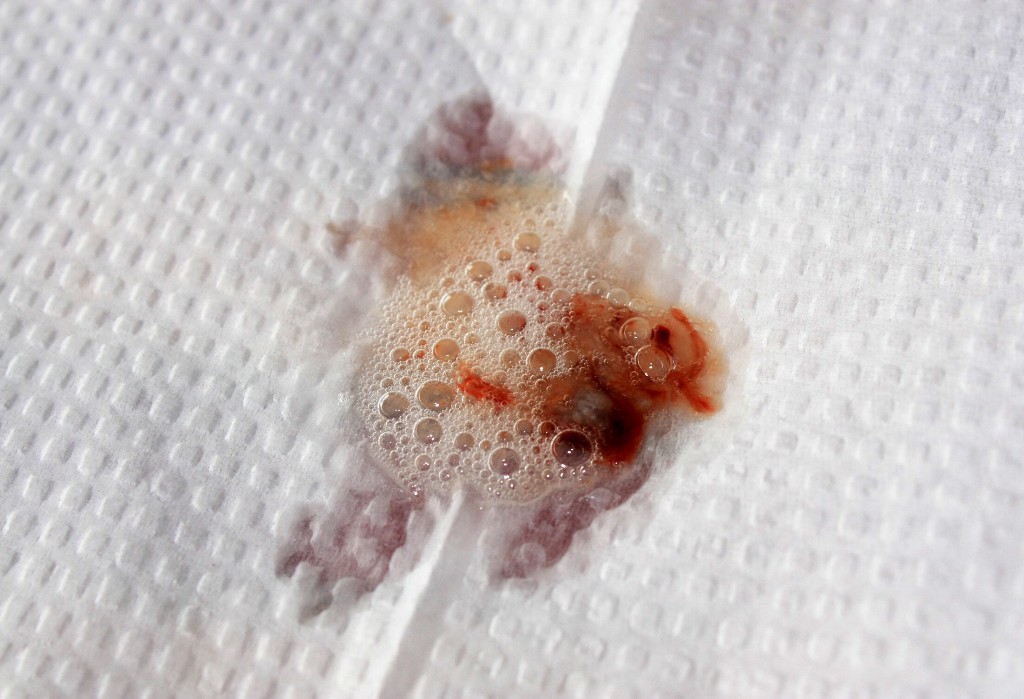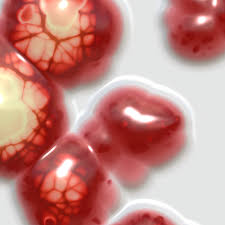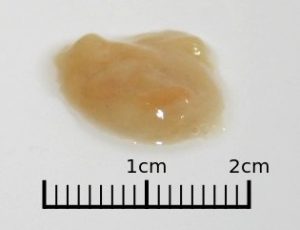Last Updated on August 1, 2023 by Janie Wilson
When blowing your nose, it is natural to wonder if there is mucus that will collect and form a film over the nose. The answer to this is no, not necessarily. Mucus will collect on the nose when blowing and the only way to prevent the collection of mucus is to blow.
Mucus is a normal part of the mucous membrane that lines the nose and throat. Mucus is also produced when you are sneezing, when you cough or when a cold virus is present. It is important for those who have a cold sore or flu to keep an eye out for the signs that mucus is forming and blowing your nose will clear up any symptoms of a cold sore or flu.
Mucus is a natural product that is produced when mucus membranes close over a bacterial infection. When this happens, bacteria and other organisms will continue to feed. The mucus will get thick and white and a white film may develop on the nose and throat. This will help clear up any symptoms as the bacteria feeds off of the thick mucus.
The fact that there is mucus collection on the nose while blowing does not mean that one is sick. There are some people who get more sick when they breathe deeply than others. For these people, breathing through a mouthpiece would be best.
If you are unsure whether your nose is clear and you are wondering if blowing your nose will clear up any symptoms, you can check with your doctor. They can take a swab of the mucus away and see if the symptoms go away. Some common symptoms include runny nose, watery eyes, and congestion.
Although it may seem like there is a good chance that this mucus has a bacteria in it, this is not the case. It may just be some nasal discharge. As long as the mucus is clear and no other symptoms are present, then blowing your nose may not clear up anything. If you have a fever, swollen face, cough or fever, then blowing your nose will definitely clear this up.
The mucus can build up on the nose and throat because it is very difficult to clear it all up unless you keep blowing your nose. It may need to be washed off at least twice a day.
You can see why it may be a good idea to keep a moist cloth handy when blowing your nose as it can help remove any mucus that collects on the nose. While mucus will collect on the nose, so will bacteria and other foreign particles that are caught on the nose when blowing and can make you sick.
It may be a good idea to carry along a small cup of water or saline solution for this purpose. This way, when you are ready to clean the nasal passages and throat, you will not have to run to the bathroom to do so.
Other than this, you can use a nasal irrigation device. These are small, disposable devices that can clean your nose and throat without having to blow your nose or use a humidifier.
A nasal irrigation device works by spraying a solution down the nasal passage and throat using a nozzle. This process is similar to flushing the sinuses with saline.
This device can also be used to rinse out the nasal passages by using warm water. If you drink a lot of water or drink plenty of liquids, then you should be able to rinse the nasal passages thoroughly. After you have cleaned the nasal passages, you should rinse with warm saline.
When Should I Be Concerned About Blood in My Mucus?
The mucus that collects at the back of your throat may be the result of a disease or an allergy, but when is the best time to worry about blood in my mucus? Here are three reasons why it’s good to know whether or not you’re having trouble with mucus, so that you can avoid the problem.
The mucus that collects in the back of your throat is called mucus because it’s a thin film that lubricates the throat and allows mucus to drain from the mouth and nose. Mucus also lubricates the throat, preventing it from drying out and therefore causing bad breath. While you’re in the process of flushing out mucus from your nose, mouth and throat, bacteria can collect in your nasal passages, and this could signal an infection.
If blood is present in your mucus, this could mean that you’ve developed an allergy. An allergic reaction can result from anything from an allergen to bacteria, and blood in the mucus could indicate that you have a reaction to something in your environment, such as dust, pollen or even mold.
Blood in your mucus could indicate an infection. Bacteria in your system can grow rapidly, and the resulting infection is difficult to treat and often causes scarring. A blood test might be able to tell if you have an infection, and it may help you determine what type of treatment you need. If you have a fungal infection, however, you should see your doctor immediately.
Mucus can also collect at the back of the throat during coughing or sneezing. Since mucus is made up mostly of proteins, when blood in your mucus occurs, it can indicate an allergy. If you’re allergic to dust or pollen, blood in your mucus can also indicate that you’re allergic to the material.
Blood in your mucus can also indicate an allergy to food. The lining of the intestines absorbs chemicals in the foods we eat, and if the chemicals are not broken down, they can irritate the lining of the intestines and cause a reaction. Foods that are frequently caused by allergies include nuts, wheat, milk, eggs, shellfish, soybeans, corn, soybeans, soy products and peanuts.
Blood in your mucus may indicate an allergy to a substance used in medications, such as steroids or asthma medications. These medications are used to control the symptoms of certain conditions and diseases, and should only be taken under the supervision of a medical professional. If you’re currently taking any medication or using a new medication, talk with your doctor to make sure that there aren’t any other possible problems with the medicine you’re currently taking.
Although there’s no absolute answer to the question of when should I be concerned about blood in my mucus, these are three of the most common reasons that you should be concerned. If the blood in your mucus is a warning sign of something more serious, talk to your doctor.
Other warning signs of more serious problems include bloody stools, persistent bad breath or bad-smelling discharge from the nose. If the mucus has clumped together and is making a mess on your teeth, this could be a sign of periodontal disease. It may also be a sign of bacterial infections in the mouth, such as Streptococcus or Staphylococcus. Sometimes it may be a sign of a fungal infection, such as athlete’s foot. Periodontal diseases can be fatal, so it’s important to get it checked out right away.
Mucus can also contain a variety of bacteria, including Streptococcus and other germs. When you feel a burning sensation in the throat or in response to a cough or sneeze, this could be a sign of sinusitis. You’ll want to get your doctor to test you for sinusitis right away, as this condition can lead to complications if left untreated.
Mucus can also help you digest food, so if you’re experiencing symptoms like nausea, vomiting or diarrhea, this could be a sign of a more serious problem, such as Crohn’s disease or irritable bowel syndrome. If your mucus is dark in color, this could mean that you have an allergic reaction to an ingredient in your diet.
As you can see, there are a variety of possible causes of blood in my mucus, so you should be concerned if this happens to you. Talk to your doctor, and do what you can to treat your condition as soon as possible. He or she will help you decide whether you should be concerned about blood in my mucus and will likely be able to point you in the right direction for a proper diagnosis and treatment.




